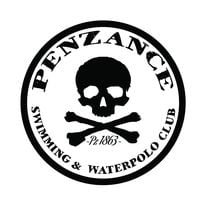PENZANCE SWIMMING CLUB - MISSION STATEMENT
The Club is committed to providing the opportunity for all its members to develop their Swimming skills to the highest level they wish to attain either at Club, County, Regional or National competition. The Club welcomes anyone and is committed to treat everyone equally as per our Club constitution. The Club will provide suitably qualified staff at the different levels of Teaching and Coaching and will follow its Coaching policy and recognise and implement progression though the various development stages. The Club will be mindful at all times of it’s responsibilities for its Members particularly the welfare of children and will to the best of its ability ensure all its activities are held in a secure environment. The club will have in place Codes of Conduct for Swimmers and Parents which will apply both in our home Pool and whenever travelling away. The Officers and Committee Penzance S.A & W.P.C
